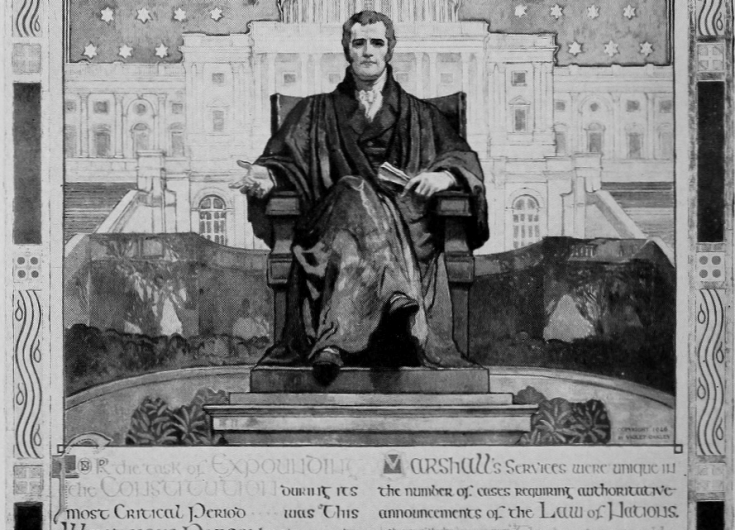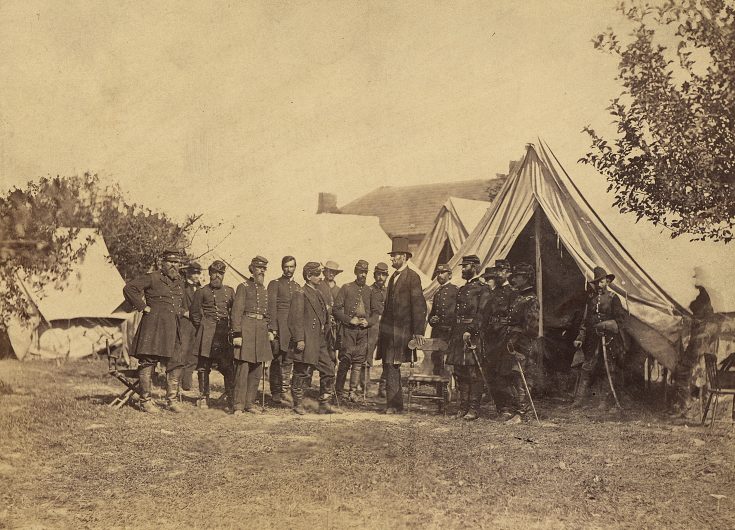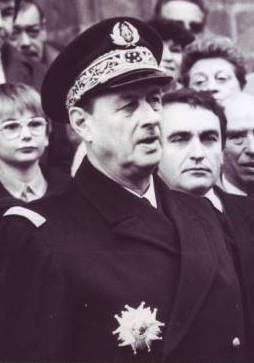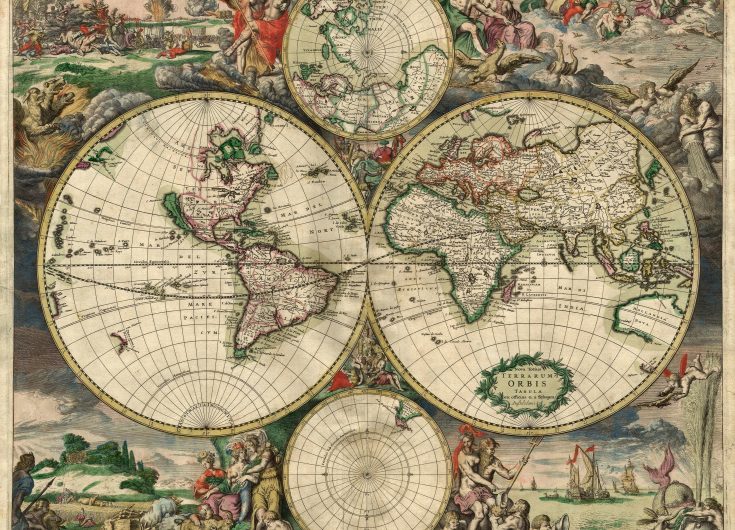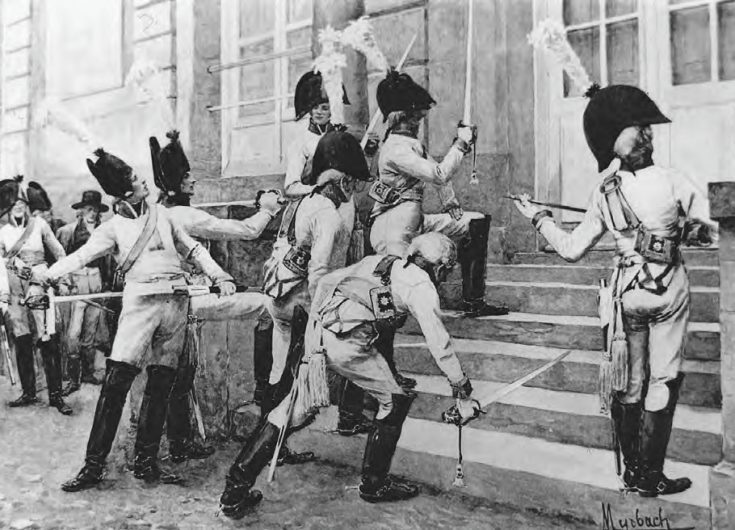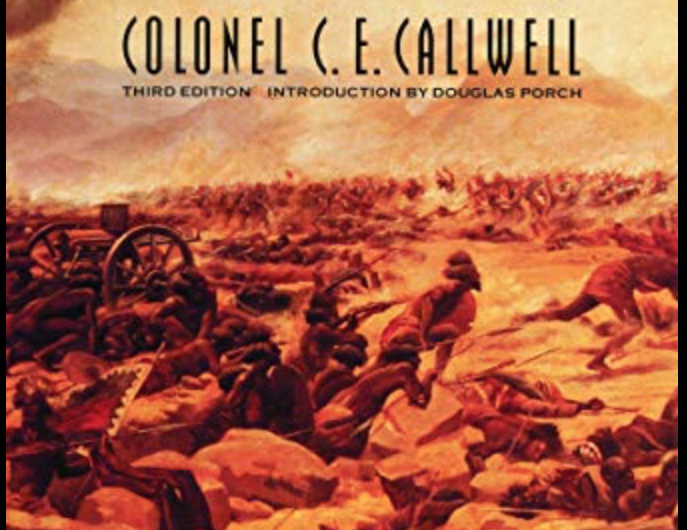

C.E. Callwell, Small Wars: Their Principles and Practice (1896)
The roots of modern counterinsurgency strategy are deep. As far back as Roman times historians like Tacitus recorded accounts of regular forces battling local guerrillas, and from these origins a long tradition of studying these peculiar types of conflicts was born. One of the most historically significant efforts to encapsulate lessons from irregular wars, or “small wars,” comes from the pen of British officer C. E. Callwell. Caldwell’s exploration of this type of warfare that yielded what remains one of the most insightful treatments of insurgency and counterinsurgency. While his work is a far cry from modern population-centric visions of counterinsurgency, it represents an important starting point in the development of modern counterinsurgency strategy and tactics.



